Avocado
Avocado is not a typical fruit considering the amount of fats it contains, making the antioxidants very accessible and easily absorbed in our body. It has a lot of nutrients important for healthy hair and skin and it keeps heart in check and lowers cholesterol. Avocado is rich in lutein and zeaxanthin, maintaining eye health. Due to high levels of vitamin B6 and K, it is good for strong and healthy bones and osteoporosis prevention. Rich in potassium, it regulates blood pressure and lowers risk of heart attack and stroke. It is believed that avocado can play a significant role in cancer prevention due to presence of folate. Since it contains lots of fiber, it is great for digestion and low carb and high fat content make it a great choice for people with diabetes.
